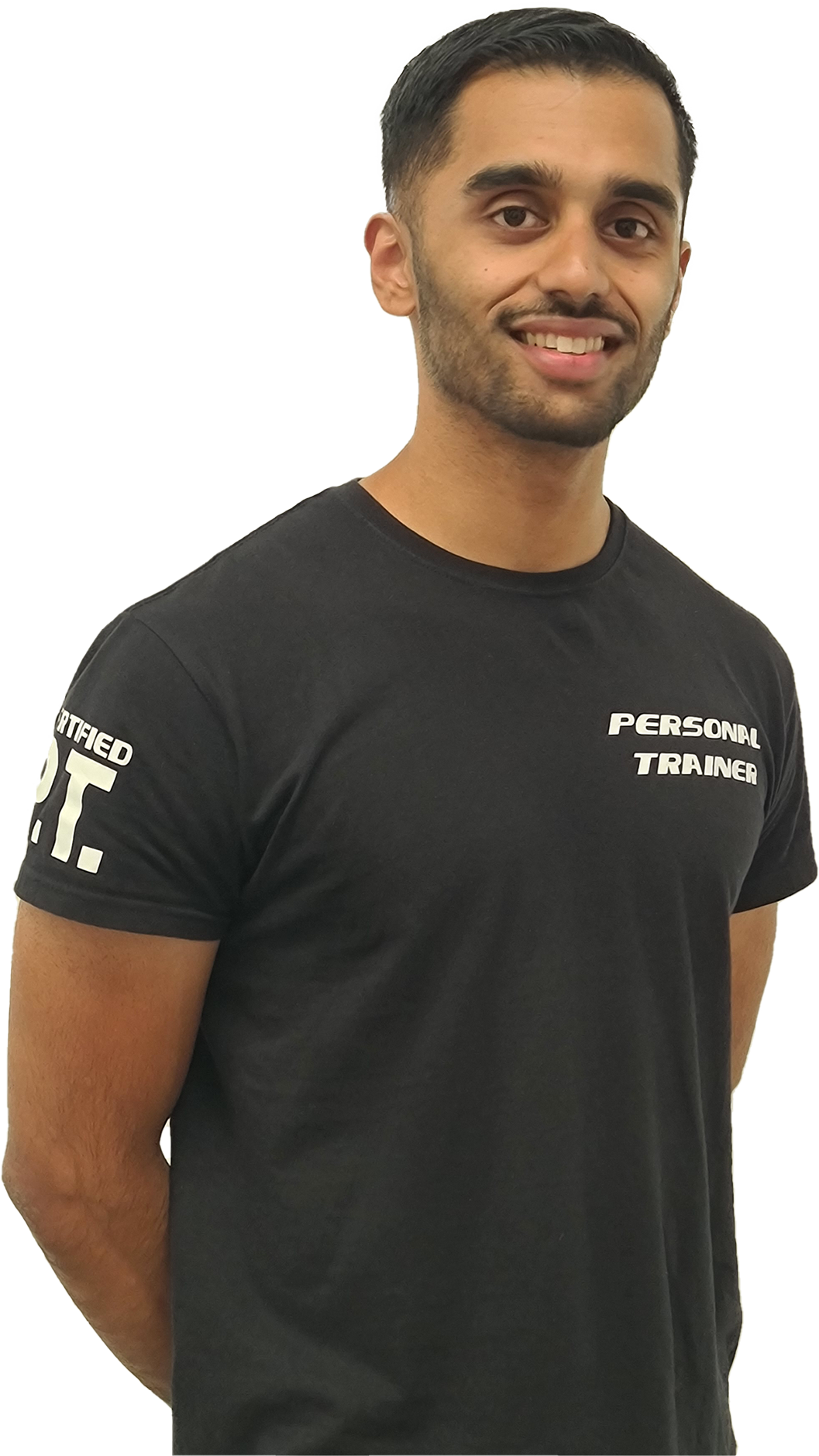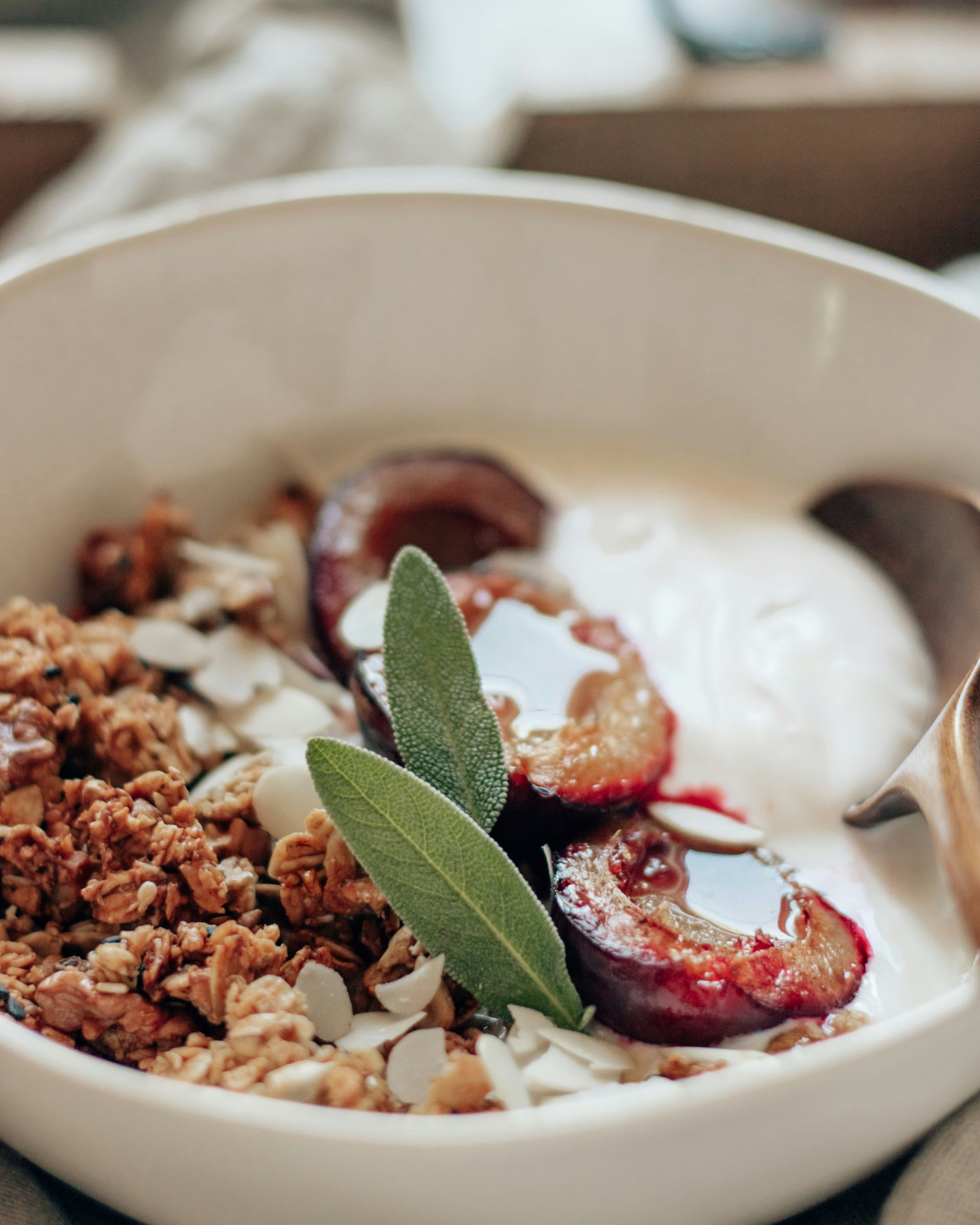
When I was 19 and foolish, with an undying urge to gain muscle mass and become shredded and huge, I tried out Jim Stoppani’s shortcut to shred program and bought in all the supplements he advised to take during the plan. The stack was worth £300 for the 6 weeks, I was a student hardly earning anything spending that much money on supplements!
It is a testament to the brainwashing capabilities of the fitness industry to appeal to those vulnerable and is why it’s the billion-dollar industry it is today. The stack I bought consisted of L-carnitine, omega fish oils, CLA, green tea extract, caffeine, and at some point during that semester I also took creatine, yohimbine HCL (when it was legal in the UK), ZLA tablets and ‘testosterone boosters’.
Good lord, I am only starting to realise the amount of useless stuff I used to consume to achieve aesthetic greatness.
The fitness industry is a haven for ‘’buy this, and it will turn you into this’’. This should be the motto of most supplement companies, there are fitness ‘influencers’ who are products of this motto.
Most recently as of December of 2022 a man dubbed ‘The Liver King’ tells people to purchase his expensive supplements, follow his raw-meat eating lifestyle to achieve his angry Bruce Banner like physique, however it was revealed that his physique was gained by his steroid consumption that would rival a prime Ronnie Coleman, rather than his supplements and dietary habits. (Bingo!)
This man is just a drop in the ocean, there are thousands of people like him. It brings me to the main topic of this blog post, and that is supplements, are they useful?
Some supplements are just marketing fads, such as testosterone boosters, ZLA, CLA, pre workouts, and BCAAs. Some are genuine such as creatine monohydrate, l-carnitine and citrulline malate. However even the legit ones have their drawbacks.
Creatine Monohydrate
Creatine monohydrate works by increasing the amount of phosphocreatine substrate in our cells for energy production, we know from research its benefits are:
- Improved sprinting/cycling performance
- Improved strength in weightlifting exercises
- Increased skeletal muscle fibre cross sectional area
The supplement pulls water into your muscle cells, giving your muscles a more fuller look and improving anaerobic measures such as weightlifting performance and sprinting by assisting in energy production.
However, research has also shown that once you stop consuming this supplement, all gains in physique and performance will subside within 4-6 weeks of cessation. Are you going to continue taking creatine monohydrate for the rest of your life? Probably not.
It also begs the question, what’s the point in taking it if I can achieve the same results with good nutrition and scheduled programming? It may take you a bit longer, but your gains will be sustained for longer as opposed to relying on supplementation.
Pre Workout
There are tonnes of pre-workouts out there, but all of them provide the following marketed benefits:
- Improved focus intra-workout
- Improved muscle pump after weightlifting
- Improved exercise intensity
The main ingredient in most pre-workouts are citrulline and arginine, they are both non-essential amino acids and naturally-produced in the body but not in huge amounts, both amino acids have pathways in nitric oxide production which induces vasodilation (the vascular look) and the ‘muscle pump’.
Citrulline (or citrulline malate) in its purest form may be a great pre-workout supplement, but unfortunately it doesn’t sound marketable, and too ‘’sciencey’’ for the average fitness enthusiast, instead companies brand these ingredients in colourful and eye-catching tubs, along with other ingredients.
This is where the issue starts, to keep costs low and marketability high, they stuff an array of random compounds (beta-alanine, vitamin C, caffeine, green tea, leaf extract, etc etc) which are all mis-dosed or under-dosed, into a tub. Citrulline has shown to be near ineffective at under 5g doses, yet most pre-workout tubs will have that main ingredient dosed at under 5 grams. It makes no sense.
Next time you purchase a pre-workout tub, have a read at the ingredient label and ask yourself if you understand what any of the ingredients actually do.
The research is not all too reliable anyway, most participants go through a 12-hour fast before taking the supplement and exercising, do you fast for 12 hours and exercise? Most likely not, if you ate anything after a 12-hour fast wouldn’t you perform better anyway? Its an insight into how these studies manipulate the methodology to fit their agenda.
BCAAs
Branched chained amino acids are not produced by the body, the idea behind them is to get the amino acids quickly into your blood stream for muscle tissue repair and growth hours proceeding exercise, to constantly put you in a ‘anabolic state’ where your body is replacing old muscle tissue with new muscle tissue.
Unfortunately for the millions of people who believe this because their favourite bodybuilder who is sponsored by a supplement company told them so, the process of protein breakdown and synthesis in our body isn’t so simple. The process is rate-limiting.
This means there is only so much muscle protein synthesis our body can allow, regardless of the amount of BCAA’s you ingest or inject. To put it simply, most processes in our bodies are balanced on an equilibrium scale, to ensure physiological chaos does not ensue.
This means muscle protein synthesis and muscle protein breakdown coincide with each other and both processes are needed for function and health. Yes, the scale can tip to one side and the other if conditions are met, but it would not tip drastically to one side for a prolonged period unless hormonal conditions change.
#ptlondon #personaltrainerinruislip #personaltrainerinpinner #ruislip #pinner #personaltraining #coach #workout #fitness #workoutmotivation #fitnessmotivation #health #gym #core #abs #sports #athlete #evolvegymsouthruislip #northwood #harrow #ruislipmums #ruislipgardensprimaryschool #queensmeadschool #deanesfieldschool

Start Today!
Ready to transform your fitness journey? Take the first step towards achieving your goals with personal training!
My take on Health and Fitness



